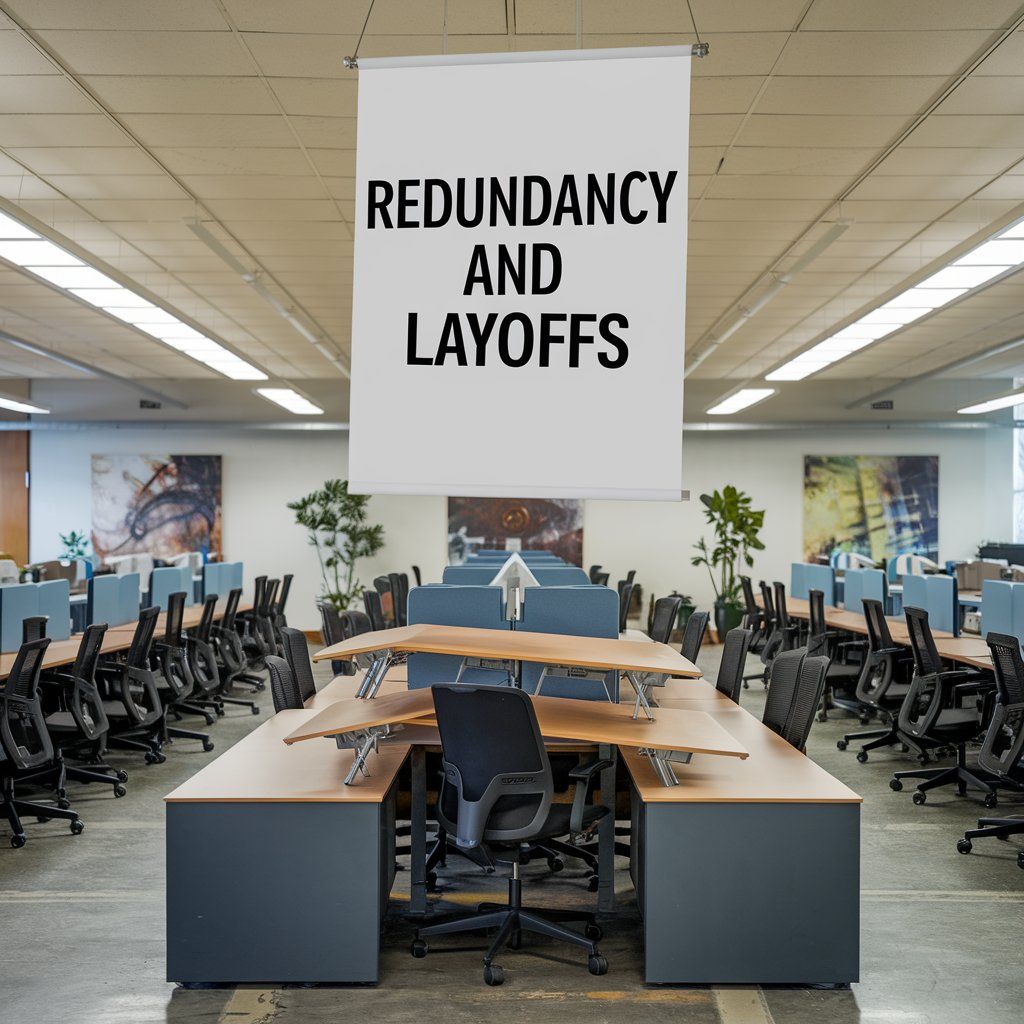Understanding Legal Rights for Unmarried Couples
In today's society, many couples choose to live together without getting married. While this choice can offer flexibility and independence, it also raises important legal considerations. Unmarried couples do not have the same legal protections and rights as married couples, especially in areas such as property ownership, parental rights, and financial support. At Pinkney Grunwells Lawyers LLP, we help you understand your rights and plan for the future.
Key Legal Considerations for Unmarried Couples
- Property Ownership
When unmarried couples purchase property together, it's crucial to understand how ownership is structured. There are two main ways to hold property:
- Joint Tenants
If you are joint tenants, on the death of the first of you to die the survivor is automatically entitled to the whole of the property, regardless of what is stated in the will of the deceased owner and regardless of the Rules of Intestacy, which apply where no Will is left.
If you proceed as joint tenants you will, in effect, own the property in equal shares and each of you is entitled to one half of the net proceeds of sale.
Any owner of a property and party to a joint tenancy can sever or break the joint tenancy at any time by serving written notice on the other owner(s). If the joint tenancy is severed then the owners of the property become tenants in common (see below).
- Tenants in Common
If you are tenants in common, the survivor of you would not automatically inherit the whole property when the other owner dies. Each owner can leave his or her share to whomever (s)he wishes by Will. If there is no Will the Intestacy Rules would decide what happens to the deceased person’s share. The Intestacy Rules provide that the estate would usually pass to the nearest surviving relatives of the deceased.
If you own as tenants in common you can also determine the sizes of your respective shares. For example, you might each want to own a half share or you might prefer that your shares reflect your respective contributions to the purchase price.
You should also note that if you own the property as tenants in common that you should seriously consider making wills to prevent the operation of the Intestacy Rules. It might well be that your co-owner would not inherit under the Intestacy Rules and you might wish to ensure that he or she would own the whole property after your death.
There may be a number of other reasons why it will be appropriate for you to own a property jointly as tenants in common with separate identifiable shares or percentages, for example:-
- There may be future Inheritance or Capital Gains Tax implications if you own the property jointly as joint tenants so that upon the death of one or other of you the survivor would then own the whole of the property.
- There may be long term care implications where the entire property may have to be sold in order to pay for long term care.
- It may be that the two parties have brought different amounts of money into the marriage/partnership and wish for this to be reflected in the way that the property is owned.
- It may be that the different spouses or partners want to ensure that they can provide for different members of their respective families by leaving them a share in the property, rather than by leaving it to the other joint owner.
- Sometimes funds are provided by other third parties i.e. a joint owner’s parent and this may need to be reflected in the way in which the property is owned.
- In certain circumstances if you co-habit or become engaged to another person, that person may be able to pursue a claim against any property that you own. If you marry then your spouse will be able to pursue a claim against all of your assets including pensions and so it may be an advantage to enter into a prenuptial or cohabitation agreement or Declaration of Trust recording your intentions as to how a joint asset should be owned. If there is no agreement in place a court would infer that you were joint and equal owners of the property if there is no evidence to the contrary despite the unequal contributions to the purchase price.
- These considerations can apply equally to the purchase of property in joint names or to the subsequent transfer of a property owned by one person into joint names.
Having a clear agreement in place can prevent disputes and ensure that both partners' interests are protected.
2. Parental Rights
Unmarried parents have the same rights and responsibilities towards their children as married parents, but establishing these rights can require additional steps:
- Parental Responsibility: Mothers automatically have parental responsibility. Fathers also have it if they are named on the birth certificate or have a parental responsibility agreement or court order.
- Child Support: Both parents are responsible for financially supporting their children. If you separate, you may need to formalise child support arrangements through a legal agreement or court order.
3. Cohabitation Agreements
A cohabitation agreement is a legal document that outlines how you and your partner will manage finances, property, and responsibilities. It can include:
- How property and assets will be divided if you separate.
- Arrangements for financial support.
- Responsibilities for debts.
- Parenting arrangements for any children.
Cohabitation agreements provide clarity and can help avoid disputes if your relationship ends.
4. Wills and Inheritance
Unlike married couples, unmarried partners do not automatically inherit from each other unless explicitly stated in a will. It's essential to:
- Make a Will: Clearly state your wishes regarding who should inherit your assets.
- Consider Life Insurance: Provide financial security for your partner in case of your death.
- Update Beneficiaries: Ensure that any pension or insurance policies reflect your wishes.
5. Financial Agreements
Unmarried couples may choose to enter into financial agreements to outline how shared finances will be managed. This can include:
- Joint Bank Accounts: Clear rules about contributions and withdrawals.
- Shared Expenses: Agreements on how to split living costs, mortgage payments, and other expenses.
Why Choose Pinkney Grunwells Lawyers LLP?
- Expert Advice: Our experienced solicitors are well-versed in the unique legal challenges faced by unmarried couples.
- Personalised Service: We offer tailored advice and solutions to fit your specific circumstances.
- Clear Communication: We explain your rights and options in plain English, ensuring you fully understand the legal implications of your choices.
- Local Offices: With offices in Scarborough, Hunmanby, Bridlington, Driffield, and Whitby, we are on your doorstep with people to see face to face.
How We Can Help
At Pinkney Grunwells Lawyers LLP, we are committed to helping unmarried couples navigate their legal rights and responsibilities. We offer:
- One off appointments: To discuss your situation and outline your options.
- Cohabitation Agreements: Drafting and reviewing agreements tailored to your needs.
- Wills and Estate Planning: Ensuring your wishes are clearly documented and legally binding.
- Parental Responsibility: Advice and support on establishing and protecting parental rights.
If you are an unmarried couple seeking legal advice, contact Pinkney Grunwells Lawyers LLP today. We are here to help you protect your interests and plan for the future.




